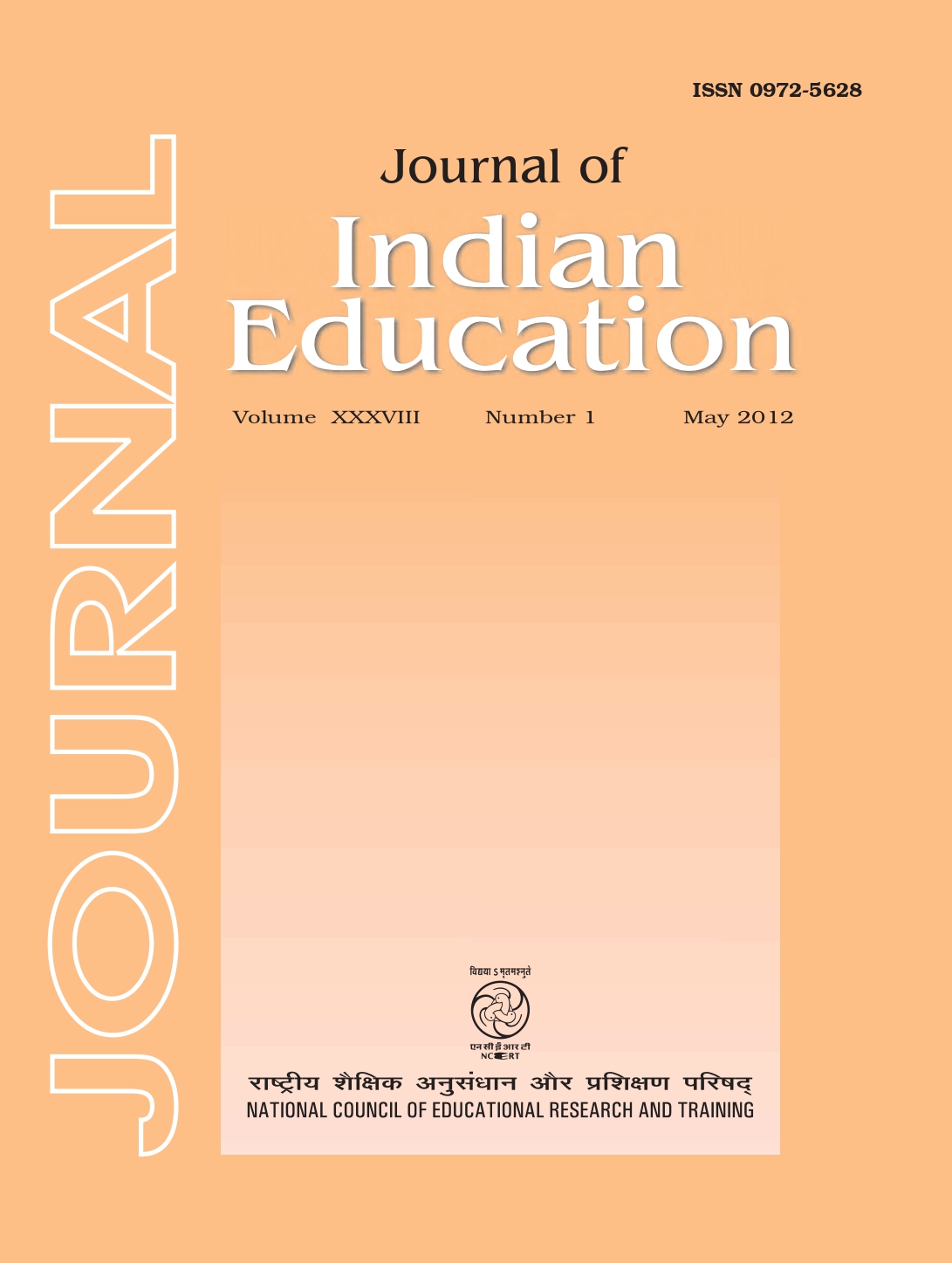Published 2024-12-03
Keywords
- India Education System,
- Inclusive Education
How to Cite
Abstract
The inclusion of children with disabilities in general education is becoming more prevalent. Inclusive education, in its broader sense, is about acknowledging diversity of learners’ needs and providing appropriate support. This happens when the education system is characterised by a shared responsibility among all the stakeholders to collaboratively provide a continuum of specialised support to address different needs of all learners. This paper presents an overview of the concept, principles, models of inclusive education, difference between inclusive education and integrated education and various policies and legislations concerning inclusive education in India. Inclusive education demands that the teacher should be able to meet the needs of students with disabilities in a regular/ordinary classroom. The success of inclusive education rests on quality teacher preparation gearing towards inclusive education. Although there is widespread support for inclusion at a philosophical level, there are some concerns that the policy of inclusion is difficult to implement because teachers are not sufficiently well-prepared and supported to work in inclusive ways. The paper reviews some of the barriers to the development of successful inclusive schools and suggests that the way of overcoming these difficulties is to develop positive attitude among teachers towards inclusive education as Inclusion is basically an attitude of acceptance of diversities. For teaching in an inclusive classroom the teacher needs to possess, skills and knowledge that help her/him to plan and implement strategies that provide wider access to regular classroom.

